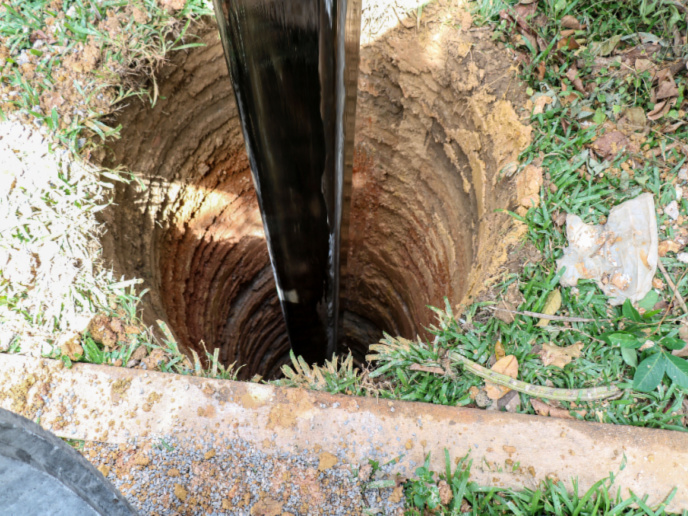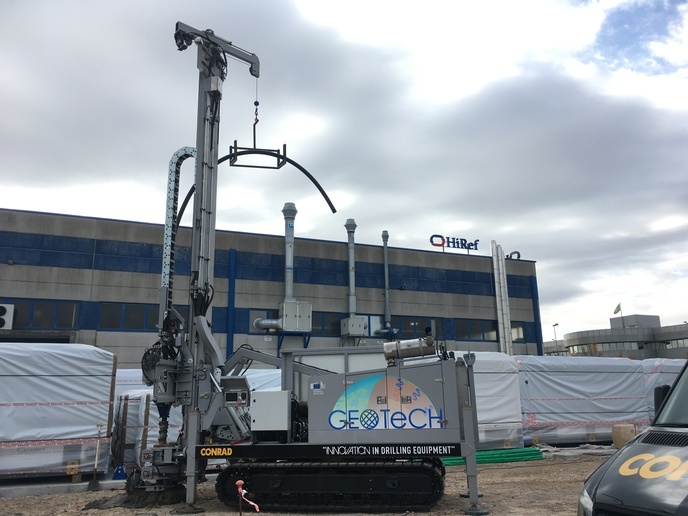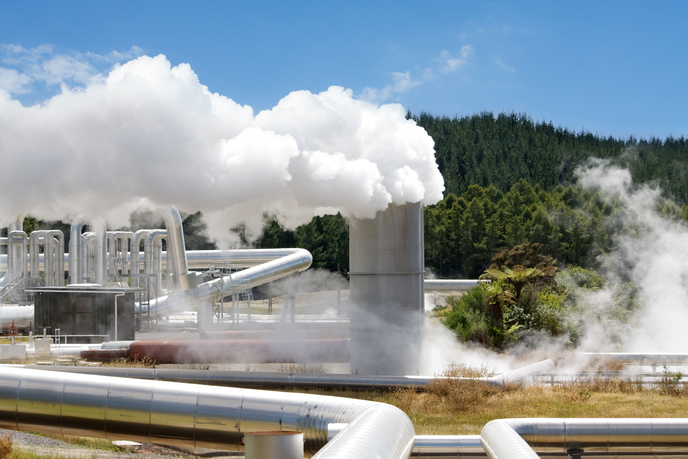New tools accurately predict properties of geological fluids
Rigorous thermodynamic models are crucial to understanding the physical and chemical properties of geological fluids – hot groundwaters that circulate within the Earth’s crust. However, geothermal power plants lack high-precision models that can be used to plan and test the efficiency of system operations. As a result, operators often resort to empirical in situ trials.
Modelling geological fluid characteristics
The EU-funded GEOPRO(opens in new window) project has brought together 12 partners from seven countries to collect new data about geological fluid properties to better understand and improve operational problems in geothermal power plants. “The physical and chemical properties of geothermal fluids are key to determining their heat-carrying potential over the lifetime of the well. Enhanced understanding of the fluid properties allows optimising site developments and operation,” notes project coordinator Namrata Kale. “Furthermore, the development of novel geothermal technologies, namely enhanced geothermal systems and supercritical systems, is intimately tied to the properties of the reservoir fluids.” Now, two and a half years since the project began, GEOPRO is confident that its objectives will be reached. Researchers have been working on the development of a multi-phase flow loop (laboratory instrument for investigating the fluid flow characteristics in pipes) and the generation of new accurate thermodynamic and kinetic data for geological fluids. Furthermore, the team has been working on new models that allow the prediction of complex solutions of CO2 and multicomponent mineral salts. “All this data served as input in the design of a set of new user-friendly, flexible decision-support tools that should allow optimisation of geothermal reservoir management, power and heat production and reinjection strategies,” notes Kale.
GEOPRO impact
Scale formation(opens in new window) such as silica and calcium carbonate scaling, which occurs within boreholes, surface pipes and equipment, has serious economic consequences. It could cause energy and production losses, increase cleaning and maintenance costs, or even lead to the shutdown of production/reinjection wells. Improved equations of state along with flow assurance simulations (which ensure that pipes do not clog up) and tests are expected to aid in predictive modelling of the causes of scaling. Local corrosion phenomena caused by CO2 outgassing could negatively affect the structural integrity and the service life of the pipes and equipment of geothermal power plants. Feeding CO2 solubility models and equations of state for fluids containing H2O, salt and CO2 into flow assurance simulations will enable researchers to better assess the causes of outgassing and optimise pressure/outgassing control. “Geothermal simulations coupled with knowledge-based decision-support tools can be used by geoscientists to help operators optimise well layout, pipe dimensions and coatings, and reduce maintenance costs,” says Kale. GEOPRO’s new models and tools will contribute to rendering geothermal energy generation more accessible and affordable. They should help reduce scaling formation and reinjection temperature, control CO2 outgassing, slow material degradation, increase energy production and exploit super-hot resources (with temperatures up to 440 °C). Taken together, these will result in reduction of capital costs from equipment oversizing, pumping costs, and equipment costs related to corrosion. There will be a corresponding increase in enthalpy extraction and efficiency in power generation. In addition, the knowledge generated by GEOPRO will contribute to achieving Europe's new 2030 climate targets. The capacity factor of geothermal power exceeds 95 %. The use of the GEOPRO tools will optimise the production and exploitation of geothermal wells and enhance the operational efficiency of geothermal power plants, establishing geothermal energy as a secure and sustainable energy resource.







